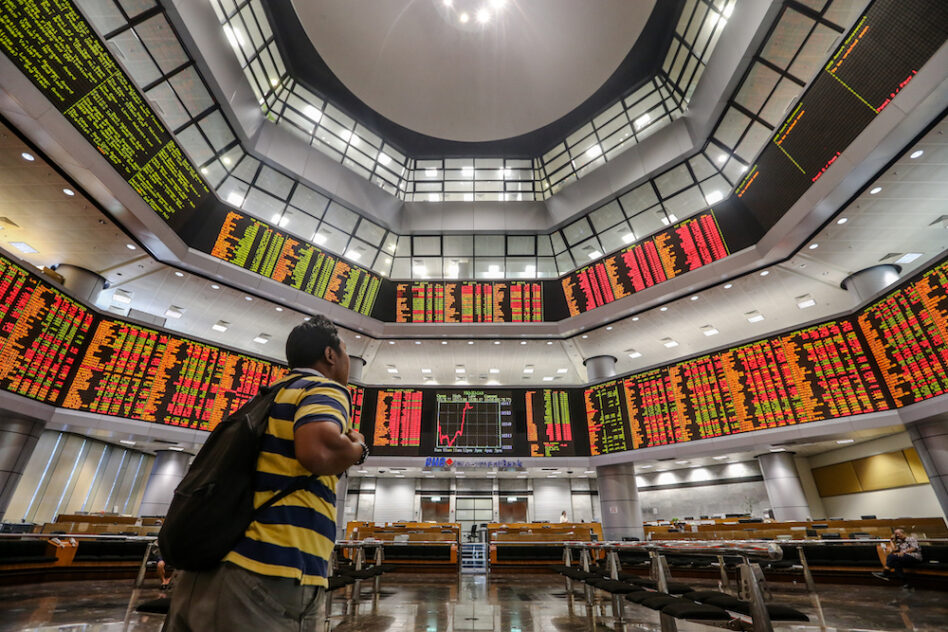LOCAL retailers and other businesses should adjust their strategies to prepare for domestic and international expansion under this “new normal” phase, particularly during the Conditional Movement Control Order period.
DHL Express Malaysia and Brunei managing director Julian Neo said based on a recent survey, Malaysians were indeed shifting towards spending more online instead of the traditional way.
“Even before the Covid-19 outbreak, there had been increasing online spending, which indicated a changing trend. For us in logistics, as well as for all retailers, I think it is really important to monitor the changing trend of consumers, to be more communicative during this period.
“It is extremely important to make the product searchable and to respond to queries. For DHL, we advise our customers to work with trusted partners instead of building a whole new ecosystem, leveraging on their network and the existing ecosystem,” he said during a webinar on “Mapping the Future of Logistics” organised by the Malaysian Institute of Management (MIM).
With the demand for online businesses on the uptrend due to the current crisis, Neo suggested that retailers keep their business network as wide as possible so they can utilise their sources of businesses.
“Don’t put all of your eggs in one basket. Each of your partners is strong with their own characteristics. So I suggest you look at the strengths of your partners in terms of what they have and how they are able to fulfil as well as complement your current strategy,” he added.
Neo noted that the Covid-19 outbreak had impacted businesses, including the logistics industry, since early this year.
“For us, we can see the impact on four fronts; one was air freight capacity. Global capacity has seen a huge decrease in terms of air freight (belly capacity) due to the reduction in air passenger capacity,” he said.
With the lower air capacity, he said, DHL had seen a huge hike in rates, which would in turn hurt the businesses, especially the small and medium enterprises (SMEs).
“Secondly, (we are impacted by) border closures. From our study, we have identified at least 24 jurisdictions around the world which have enacted some form of border closure, which would then restrict movements in terms of logistics.
“There was also postal destruction across the world that was also hindering movements. The destruction has heavily impacted DHL because we have strong partnerships with postal offices around the world, as we don’t serve every post code in every area.
“Last but not least, (there was) port destruction. Vessels from affected regions and countries were not allowed to berth at ports,” he added.
The MIM Learning Insights webinar was aimed at providing insights and key strategies so businesses can take a page out of the experts’ strategy book and learn to innovate and restructure to ensure survival.
E-commerce and end-mile logistics are crucial and booming during the current crisis. Speakers at the webinar come from companies like DHL, Lazada Malaysia and Go-Jek, which have gone the extra mile to restructure their businesses and provide more services and offerings than they did before.
MIM Learning Insights is an initiative by the MIM to bring open conversations and solutions on current topics impacting management and leadership today. – May 16, 2020, Bernama









